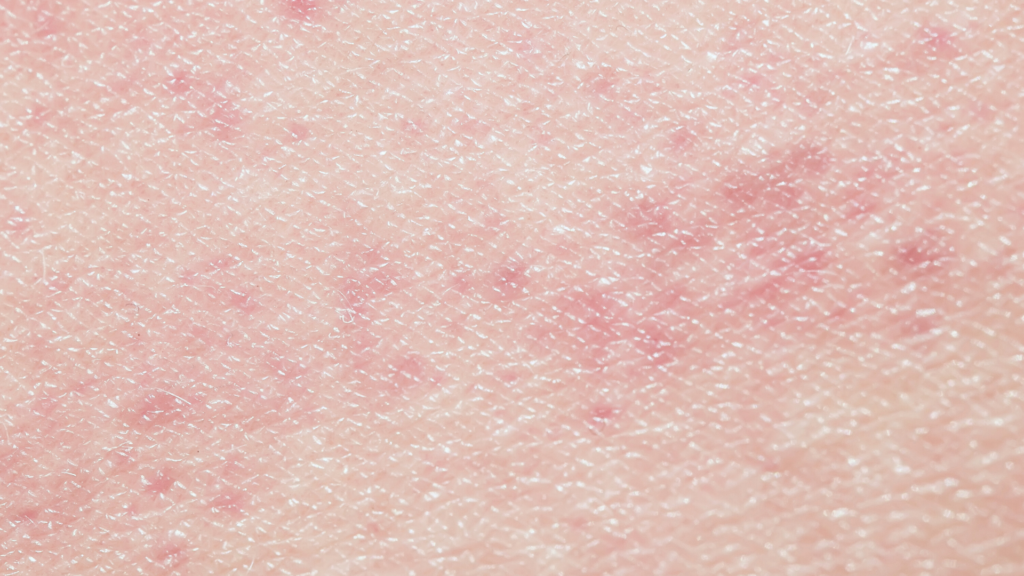Most people don’t realize this, but gut health affects much more than just digestion. It’s a common misconception that the only signs of poor gut health are digestive problems like gas, bloating, heartburn, constipation, or diarrhea. In reality, your gut plays a crucial role in many other aspects of your health, and imbalances can manifest in surprising ways.
Beyond Digestive Issues: Hidden Signs of Poor Gut Health
Here are some lesser-known signs that your gut might be in need of some attention:
1. Food Sensitivities

Food sensitivities can develop when the gut lining is compromised. A leaky gut can allow partially digested food particles to enter the bloodstream, triggering an immune response. This can cause a variety of symptoms, including bloating, fatigue, and headaches.
2. Skin Irritations

Skin conditions such as acne, eczema, and psoriasis can be linked to poor gut health. An unhealthy gut can lead to increased inflammation, which may manifest in the skin. Healing the gut can often lead to significant improvements in these skin issues.
3. Food Cravings

An imbalance in gut bacteria can influence your food choices, often leading to cravings for sugar and processed foods. Harmful bacteria and yeast thrive on sugar, and when these microbes are in excess, they can drive cravings that support their growth.
4. Mood Changes

The gut-brain connection is a powerful pathway of communication between your digestive system and your brain. An unhealthy gut can affect your mental health, leading to mood swings, anxiety, and depression. Serotonin, a key neurotransmitter that affects mood, is largely produced in the gut.
5. Brain Fog

Cognitive issues like brain fog can also be linked to gut health. When the gut is inflamed or imbalanced, it can lead to systemic inflammation that affects brain function, causing difficulties with concentration and memory.
The Domino Effect of Gut Health
While these issues can have multiple contributing factors, it’s essential to consider the domino effect that gut health has on nearly everything else in the body. An unhealthy gut can be the underlying cause of many seemingly unrelated health problems.
Taking Action for a Healthier Gut
If you suspect your gut might be calling for help, there are several steps you can take to improve your gut health:
- Diet: Focus on a diet rich in fiber, fermented foods, and lean proteins while minimizing processed foods and sugars.
- Probiotics: Consider taking a high-quality probiotic supplement to support a healthy balance of gut bacteria.
- Hydration: Drink plenty of water to aid digestion and maintain a healthy gut lining.
- Stress Management: Practice stress-reducing activities like yoga, meditation, or deep breathing exercises to support gut health.
By addressing these factors, you can help restore balance to your gut and improve your overall health. Remember, a healthy gut is the foundation of a healthy body and mind.
If you found this post helpful, be sure to like and follow for more tips on maintaining optimal health and wellness!







